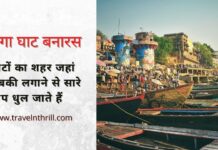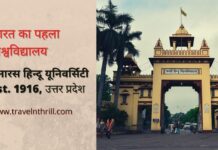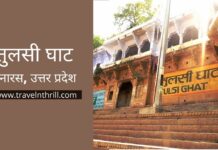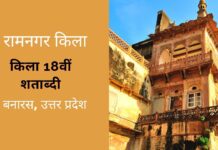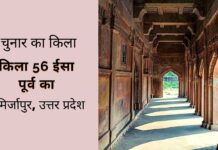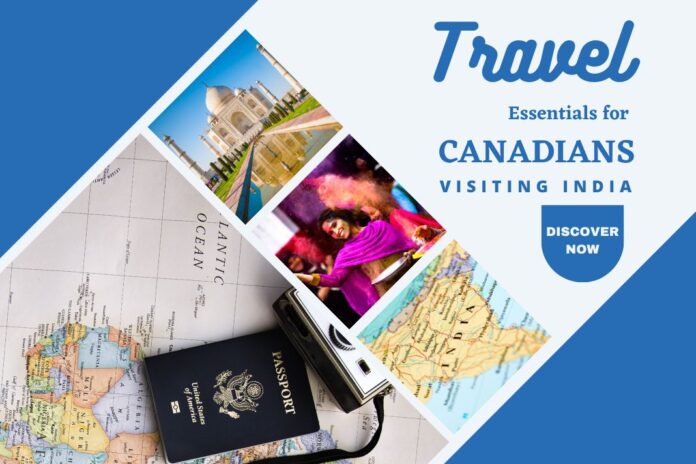India, with its vivid palette of cultures, cuisines, landscapes, and languages, offers a unique and transformative travel experience. As you prepare for your journey, consider these essential tips to navigate this beautiful, complex, and diverse country.
Understanding Cultural Etiquettes in India
Indian culture is rich and deeply rooted in tradition. A gesture of respect includes removing your shoes before entering homes or temples. Be aware that public displays of affection are generally frowned upon, while the left hand is considered unclean, so use your right for eating, giving, or receiving.
Tips for Safe and Healthy Eating in India
Stick to freshly cooked food, bottled water, and avoid street food unless it comes highly recommended. Many Indians are vegetarian, so you’ll find a plethora of plant-based options. Be cautious with spicy food, as it could upset your stomach.
Necessary Travel Documentation: Passports, Visas, and More
Canadians must have a valid passport and obtain an e-visa for India before departure. The India e-visa for Canadians is usually issued for 60 days. For extended stays, consult the Indian embassy in Canada. Always carry copies of your travel documents while exploring.
Local Transportation: Navigating India’s Roads and Railways
India’s transport network is vast. The Indian Railways and local buses are the most cost-effective. For comfort and convenience, private taxis, auto-rickshaws, or app-based services like Ola and Uber are advisable. Always agree on fares before the journey to avoid conflicts.
Accommodation Choices: From Luxury Hotels to Authentic Homestays
India offers a range of accommodations to fit any budget. Luxury hotels, heritage properties, budget inns, and homestays each provide distinct experiences. Homestays are a great way to experience local hospitality and cuisine.
Weather Conditions and Ideal Times to Visit
The best time to visit India is during the cooler months from October to March. The monsoon (June-September) offers a unique charm, especially in the Western Ghats and the Himalayas. The summer can be harsh in the plains, with temperatures soaring above 40°C.
Indian Currency and Handling Money Safely
The Indian Rupee (INR) is the local currency. ATMs are widespread, but it’s recommended to carry some cash for remote areas. Be mindful of your belongings, avoid displaying large amounts of cash, and use credit cards at trustworthy establishments.
Essential Health Preparations: Vaccinations and Medications
Consult your healthcare provider about vaccinations (like Typhoid, Hepatitis A and B, and Malaria) before your trip. Bring necessary medications, along with prescriptions and note generic names as brand names may vary.
Understanding and Respecting Religious Customs and Practices
India is a religiously diverse country. Regardless of the place of worship, dress modestly, and follow local customs. Hindu temples prohibit leather items, while in Sikh Gurudwaras, covering your head is mandatory.
Packing Essentials for the Indian Climate
Pack according to the region and season of your visit. Lightweight clothing, a sturdy pair of shoes, sunblock, a reusable water bottle, and travel-size toiletries are must-haves. Remember to pack a hat, sunglasses, and insect repellent.
Navigating India’s Diverse Languages: A Basic Guide
While India has numerous languages, English is widely understood. Familiarize yourself with basic Hindi phrases, as it can be handy during your travels.
Must-visit Indian Destinations and Attractions
From the Himalayas’ serenity to Rajasthan’s palaces, Goa’s beaches, Kerala’s backwaters, and the temples of Varanasi, India’s diversity is mesmerizing. Explore UNESCO World Heritage sites and participate in local festivals for a deeper insight into India’s rich heritage.
Tipping Etiquette in India: Do’s and Don’ts
Tipping is not mandatory but appreciated. A 10% tip at restaurants is standard, while for taxi drivers and porters, a small gratuity goes a long way.
Dealing with Common Scams: Staying Alert and Safe
Like any tourist destination, scams exist. Be cautious of unsolicited guides, rigged meters in taxis, or anyone insisting on taking you to a “special” shop. Stay vigilant, and trust your intuition.
Shopping Tips: Bargaining and Best Places to Shop
Bargaining is part of the Indian shopping experience. Start by offering half the quoted price and negotiate from there. Each region has its specialty – textiles in Rajasthan, silk in Varanasi, tea in Darjeeling, spices in Kerala. Authenticity is key, so opt for government-recognized shops for high-value items.
Connectivity and Internet Access: Staying in Touch
Most places have good network coverage and internet access. Prepaid SIM cards are readily available and inexpensive. Wi-Fi is standard in hotels and many cafes. Consider a VPN for secure access.
A Quick Guide to Indian Cuisine: Regional Specialties to Try
Indian cuisine varies regionally, offering a diverse gastronomic journey. Savour Biryani in Hyderabad, Butter Chicken in Punjab, Poha in Madhya Pradesh, Sambhar-Dosa in South India, and Fish Curry in Bengal. Don’t forget to try Indian sweets like Gulab Jamun or Jalebi.
Emergency Contact Information for Canadians in India
Keep handy the contact information for the Canadian Embassy in New Delhi and Consulates in other cities. Register with the Registration of Canadians Abroad service for updates in case of emergencies.
Advice on Dressing Respectfully in India
Modest dressing is recommended in India. Women may prefer to carry a scarf for extra coverage when needed. While visiting religious places, cover your shoulders and knees.
Sustainable and Responsible Tourism in India
Embrace sustainable practices like refusing single-use plastics, minimizing waste, and respecting local flora and fauna. Opt for responsible tourism initiatives that contribute to local communities.
India is an immersive experience, an incredible mix of ancient traditions and modern hustle. Pack your bags with curiosity and patience, and return with a treasure trove of memories. As they say in Hindi, “Atithi Devo Bhava” – The guest is equivalent to God. So, come and experience the Indian hospitality.
